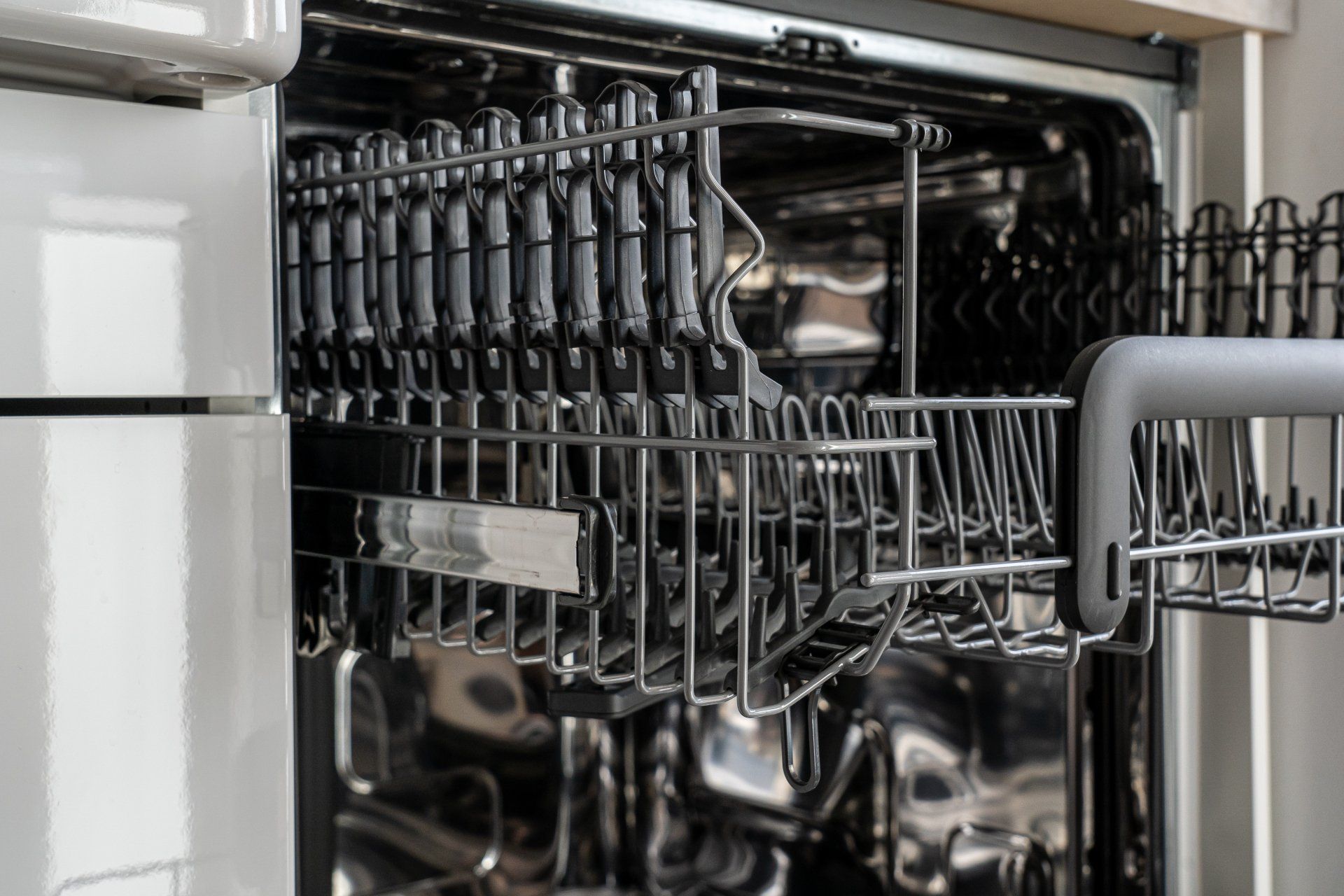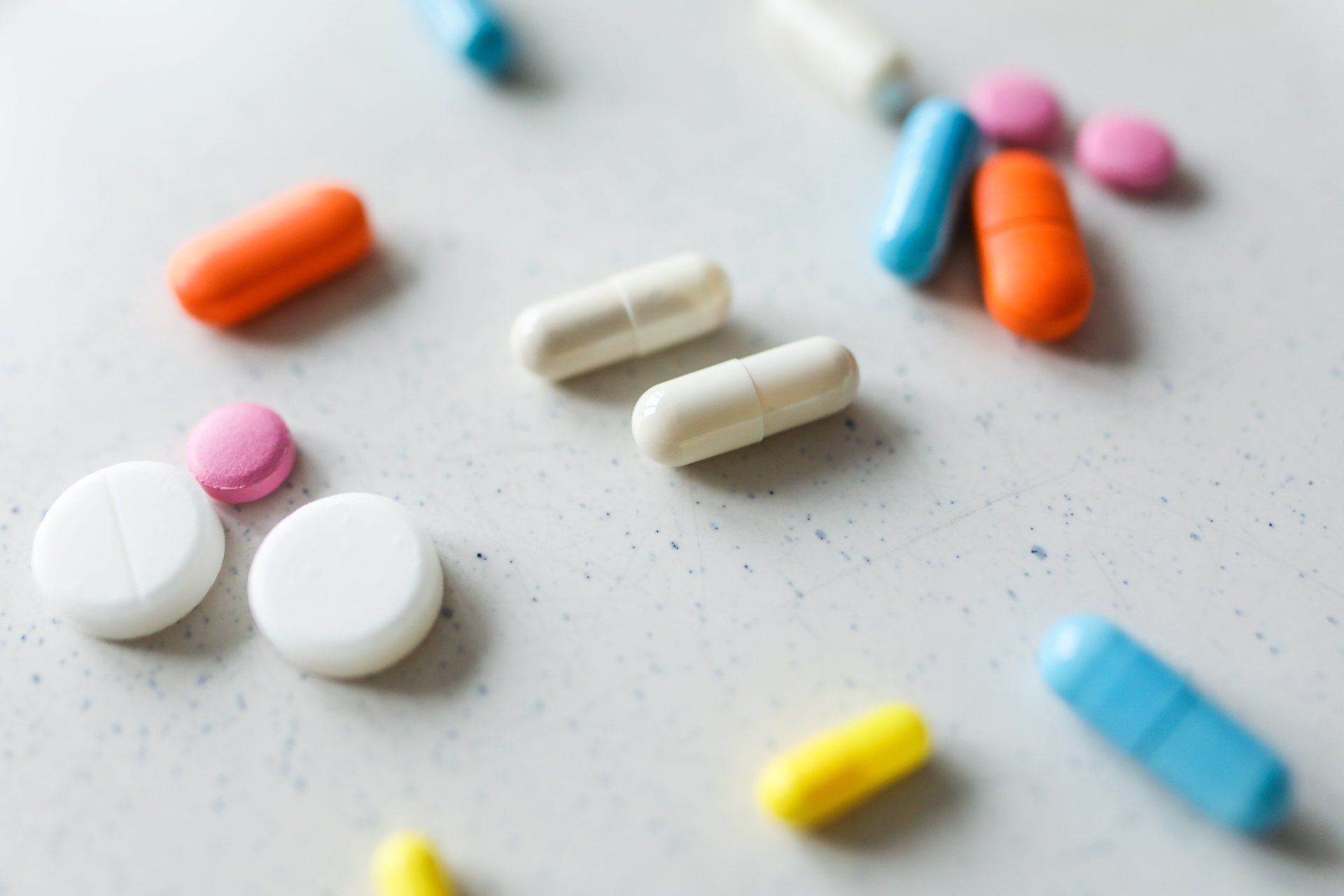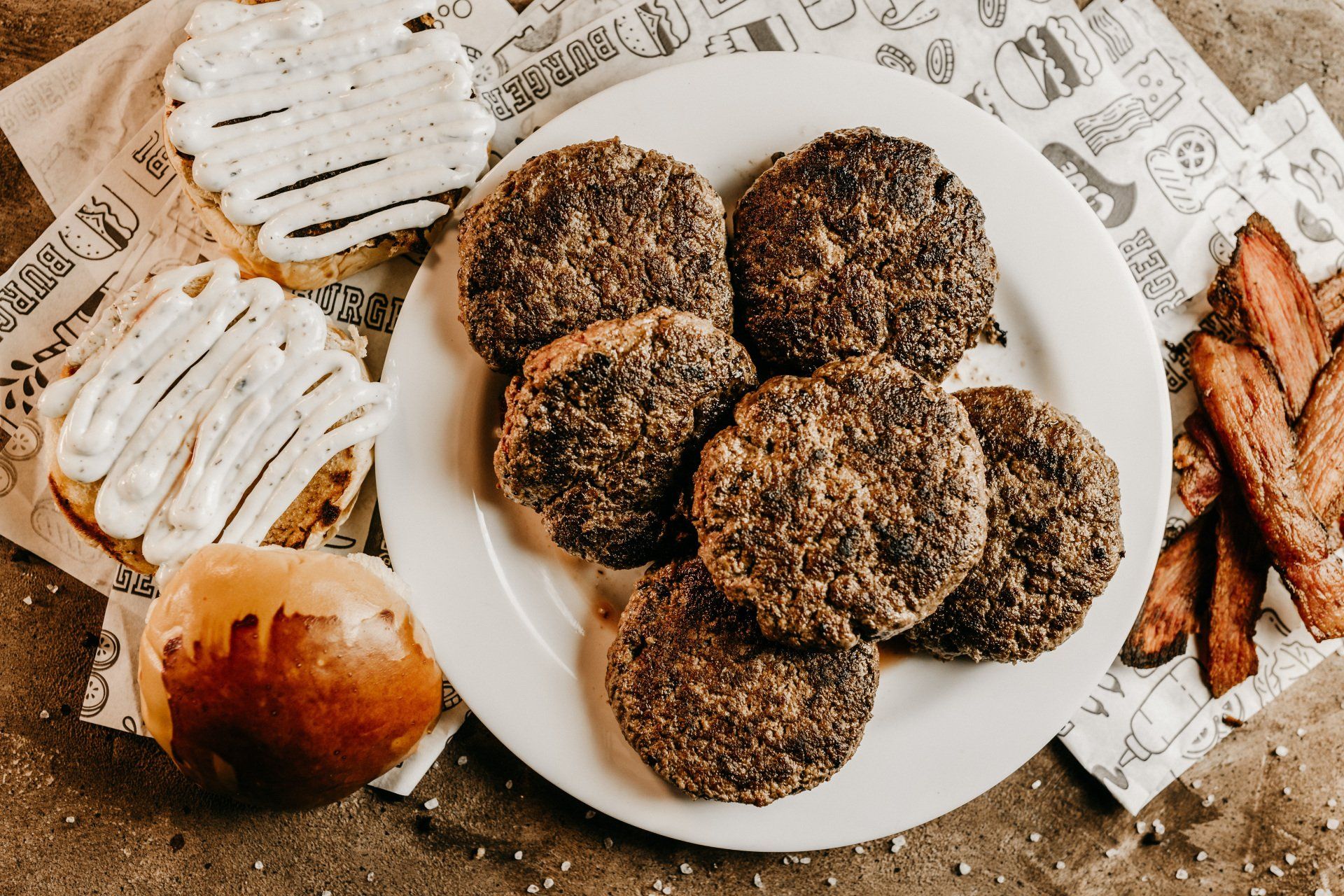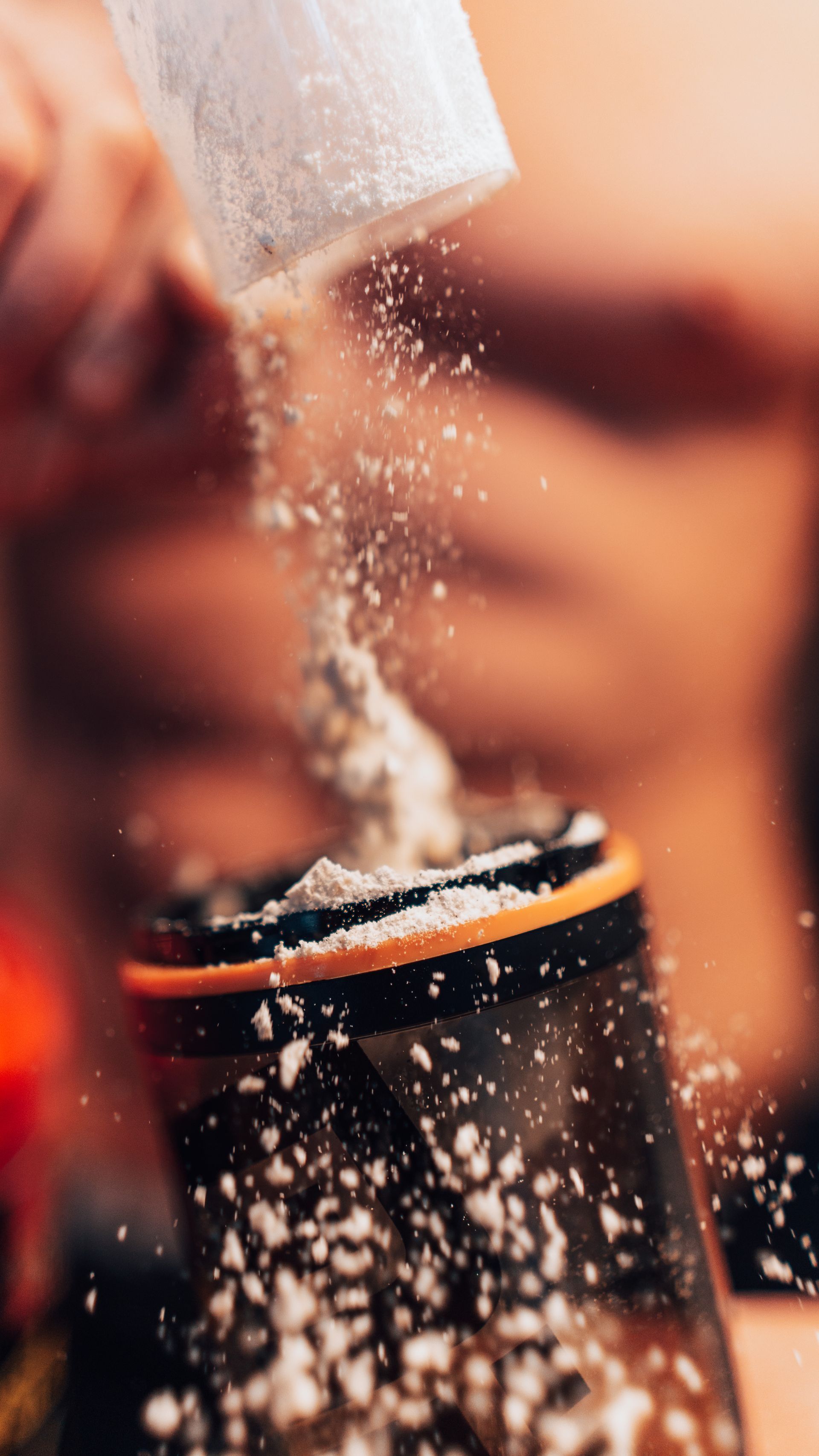You’re eating the perfect diet: all organic, grass-fed, non-GMO, prayed on by a buddhist monk, all in hopes of doing the right thing for your health. Every night when you and the family finish up eating your picturesque meal, you take the dining ware back to the kitchen, wipe down the countertop, and put the dishes in the dishwasher. Then, your demise happens. You pull out your chemical-laden detergent, place that in the dishwasher as well, and hit the start button. Oh do I hope all the residue is gone once it’s done.
Environmental toxins are seemingly everywhere and in everything now. All you used to have to care about for your health was diet and exercise, but now, you have to constantly read product labels to try and minimize your “toxic load.” It’s not enough to buy organic produce, we now have to buy “clean” (natural) cleaning products as well. Thankfully, websites like EWG.org list thousands of household cleaning products and all the potential health hazards associated with them.
I just made lots of blanket, black and white statements. For those of you who’ve read any of my recent work, say about Detoxes or Turmeric for Gut Health, you know that I like to stick to the science, with an occasional flare. These statements around toxins in cleaning products were things I heard about once I started being more conscious and intentional about my health, and I never really fact-checked them. Until now. What’s the case for using all “clean” and “natural” cleaning supplies? Are the synthetic ones really that harmful for us? Particularly, for our gut health?
Defining Our Exposure
Everyone is currently talking about ways they can “boost their immune system”. Let’s talk about some hard facts. There are two main branches of our immune system: Innate and Adaptive. The innate immune system consists of defense systems our body is born with: skin, white blood cells. Whereas the adaptive immune system functions exactly the way it sounds it would, it adapts. Specifically, it adapts to things like bacteria and viruses that we’re exposed to in our environment. This is the reason that once you get chicken pox, you’ll likely never get it again. Once our immune system has been exposed to something once, it ramps up its defenses to conquer the pathogen easily the next time it rings the doorbell.
Early exposure of our environment to the immune system is crucial, insert the hygiene hypothesis. For those of you who are unfamiliar with it, it ascerns that much of the increase in allergies today is because of how clean our modern environment is. Kids who grew up on farms tend to have more exposure to microorganisms, helping to train their immune systems early in life, so their immune systems may be “stronger” as they age. Whereas kids who grew up in more urban areas have a “coddled” immune system. Their families likely used cleaning products to a far greater degree than children in the country. There is plenty of data to support this notion (1).
Why would this be? We humans have co-evolved with microbes since the beginning of time, and in this game of survival of the fittest, some of those microbes are still here. The microbes that have survived, our gut microbiome, serve a very useful purpose for the development of both branches of our immune system (2). In the event some of the ingredients in cleaning products disrupt our microbiome, that could be a problem for our health and immune function.
Cleaning Ingredients
Now, I’m not saying we shouldn’t wash our hands after using the restroom, or before eating dinner, or never clean off our dishware, please keep doing those things. My hope is rather to educate you on the effects certain cleaning ingredients have when introduced into the human body.
Think of how much Lysol we are currently using to try to disinfect every surface. The active ingredient in Lysol, Benzalkonium Chloride, was actually studied in the 1970s for its ability to destroy nerve cells in the gut (3). Your next logical question: Why would we want to study the effects of that? As a potential treatment for some gastrointestinal diseases, including refractory peptic ulcers, Hirschsprung’s diseases, and even colon cancer. These diseases are related to changes in how our nervous system functions. Since nerves are part of the nervous system, destroy the nerves, potentially treat the diseases. Their words, not mine.
The amount of Benzalkonium Chloride that was used to destroy nerve cells was fairly high, higher than any amount we’d hopefully come into contact with by using Lysol, but still concerning none-the-less. Dose makes the poison.
How often are you using detergents to clean your clothes and dishes? Detergent seems to kill EVERYTHING it comes in contact with, except certain pathogenic bacteria, such as Klebsiella, Shigella, & Escherichia (E.Coli belongs in this family) (4). Could that mean our dishes we think are “clean” may actually be growing harmful bacterial species? Food for thought, as long as you eat it on different dishes than you just washed ;)
Detergent also prevents the production of the beneficial Short Chain Fatty Acids (SCFAs) such as Butyrate and Propionate. SCFAs are both potent anti-inflammatory molecules and main sources of fuel for the cells that line our gut (ever hear of “Leaky Gut”?). Detergent also decreased all metrics of microbiome alpha diversity. Alpha Diversity answers the questions of “how many” microbial species, and “how different” are those species. Generally, higher alpha diversity is viewed as a beneficial trait.
Overall this research tells me that detergent kills many “good guys”, and only “bad guys” can survive with it. Application to daily life? Hard to tell. Supposedly the high heat rinse and heated dry cycle of dishwashers should remove almost any detergent residue. No detergent residue would mean no medium for “bad guys” to grow in.
Better Late Than Never
Triclosan (TCS), an antibacterial agent found in soaps and toothpaste, has been shown to lower the alpha diversity of the gut microbiomes of infants fed breast-milk containing TCS (5).
Data from 2003–2004 found that TCS was detected in 75% of urine samples. That doesn’t mean we’ve all gotten sick because of TCS, but rather that many of our bodies have been exposed to it. Thank you gut and liver for doing your job to get rid of it. Thankfully, many companies that make products with this ingredient have promised to phase it out of their products.
Got Any Hand Sanitizer?
Many of you probably want to know if hand sanitizer can affect the gut microbiome? I couldn’t find any research specifically tied to “hand sanitizer and the gut microbiome” in PubMed, but we can make some reasonable deductions. The main ingredient in most hand sanitizers is ethyl alcohol. Yes, the same alcohol some of you partake in to escape having to clean your dishes and clothes. The difference comes in the concentrations, and the amount our internal systems are exposed to.
The concentrations of alcohol we get from hand sanitizer is 10–20 times below the level needed to be acutely toxic (6). How much of that topical alcohol do we absorb? The same research mentioned about the same amount of alcohol we’d get from 1.5 mL of wine. That’s about 1/30th of a shot of wine, good luck sipping on something that slowly. At concentrations and exposures that low, I’d suspect there’d be negligible effects on the microbiome. Unless, there was a scenario where people were putting on hand sanitizer dozens and dozens of times per day for years on end (hopefully our current environment won’t get to that level).
My Favorite Natural Cleaner
Unfortunately, the word natural has become a buzzword in our society. It’s unfortunate because in instances where something natural does the same thing as something synthetic (man-made), why not go with the natural option? Hello distilled white vinegar. White vinegar works great for dishes, clothes, and even hardwood floors. The active ingredient in white vinegar is acetic acid. Remember those Short Chain Fatty Acids (SCFA) we touched on earlier, acetic acid is one of those. Acetic Acid is what makes the vinegar smell so sour, and what makes apple cider vinegar taste so sour. That’s right, part of the many health benefits attributed to apple cider vinegar comes from its acetic acid content.
Acetic Acid is also produced by our gut microbiome. Why is that important? Because acetic acid is antimicrobial, meaning our own beneficial bacteria are producing acetic acid in order to kill off potentially harmful bacteria in our gut. Survival of the fittest. This antimicrobial effect is also what makes white vinegar such a great cleaning compound. Wouldn’t ya know, detergent causes a significant decrease in acetic acid production (4).
What to Make Of All This
From my perspective, there’s seemingly inconclusive/not enough data to know the long term effects of using all these synthetic cleaning products. Specifically, we don’t know what kind of effect they could have on our gut microbiome, and subsequently our gut health and overall health. I don’t know about you, but I don’t want to sit around and wait for evidence to come out to make my decisions. I’m taking action now. Taking action where it’s most practical and implementable into my lifestyle.
It’s very practical, and inexpensive, to make your own cleaning solution using some white vinegar, and maybe some essential oil drops to make it smell “clean.” But, I’m human, and occasionally, when I’m feeling lazy, I’ll put all the dishes in the dishwasher and use some detergent. That only really happens once a month or so. I’m also a huge fan of Dr. Bonners cleaning products, everything from toothpaste to dish soap with pretty comparable prices to synthetic cleaning products. Again, if a natural compound has the same effect as synthetic ones, at competitive prices, why not choose the natural one?
As always, Trust in Your Gut.
Disclaimer: The contents of this article are for educational purposes only, and are not intended to diagnose or treat any condition. Do not apply any of the information in this article without first speaking with your doctor.








